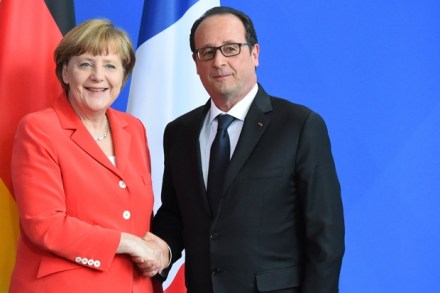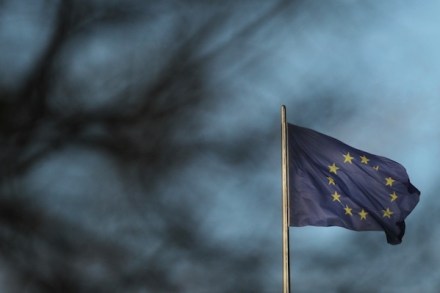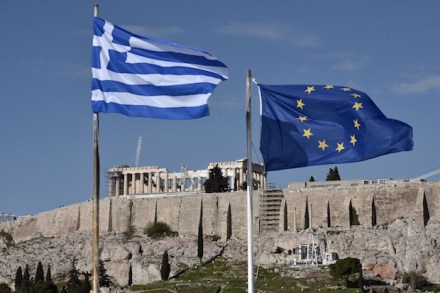Barometer | 28 May 2015
Steam privatisation Cunard celebrated its 175th birthday by sailing three liners down the Mersey. The formation of the Cunard Line was an early triumph of privatisation. — The Post Office had been operating a monthly service to New York with sailing brigs since 1756. In 1836 a parliamentary committee decided that a steamship service should replace it, and that it would be more efficient for the Admiralty to put it out to tender to private operators. — Samuel Cunard defeated the Great Western Steamship Company and the St George Steam Packet Company by offering a fortnightly service from Liverpool for an annual subsidy of £55,000. The service, which at first only



















